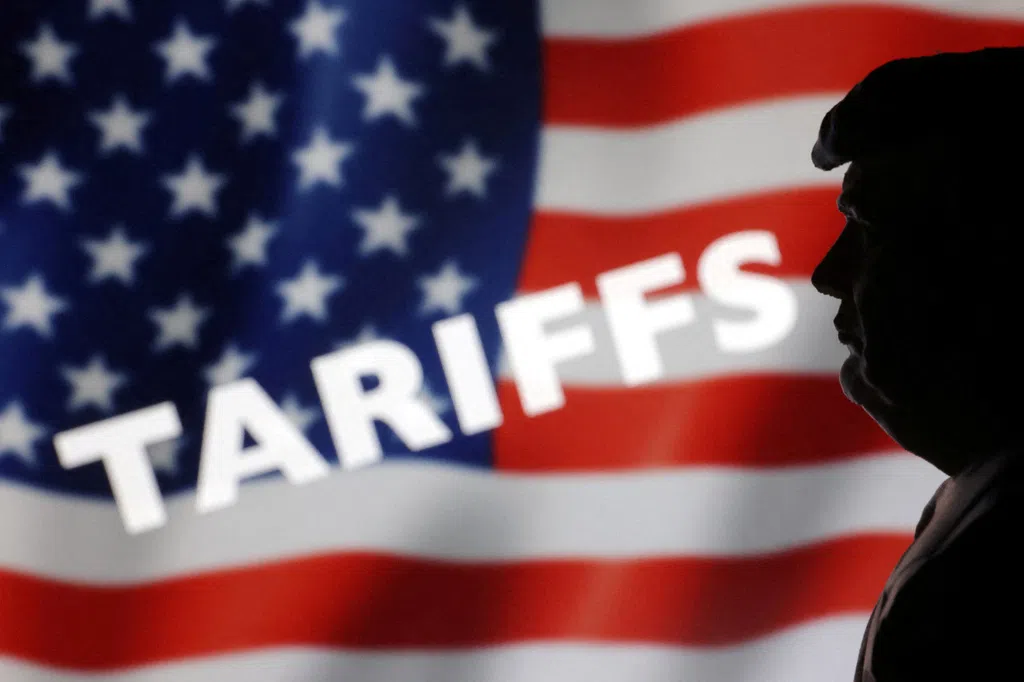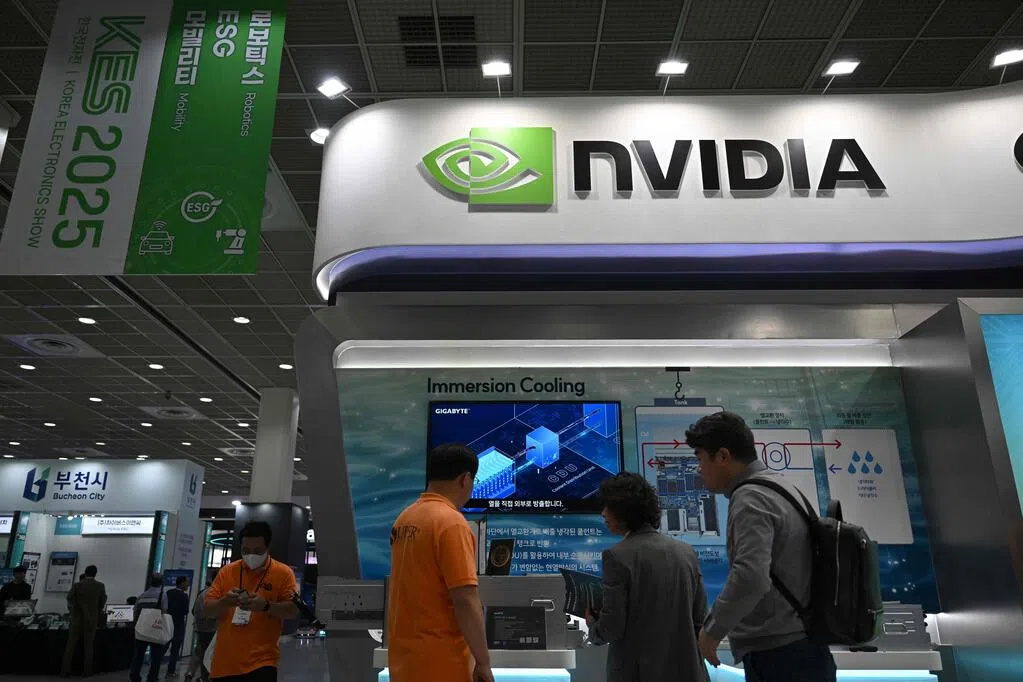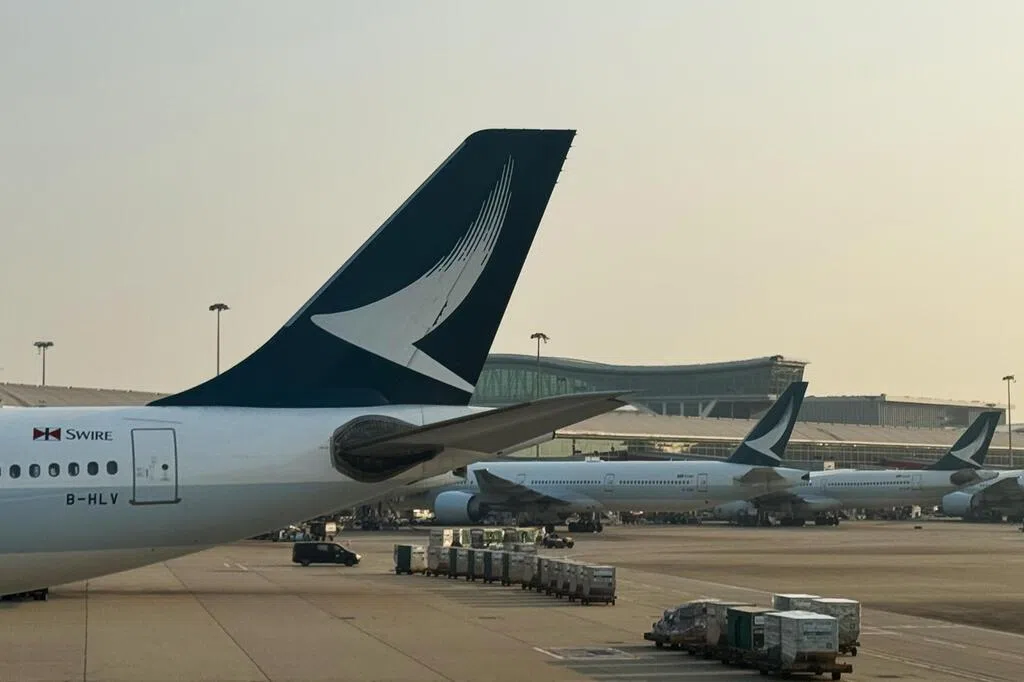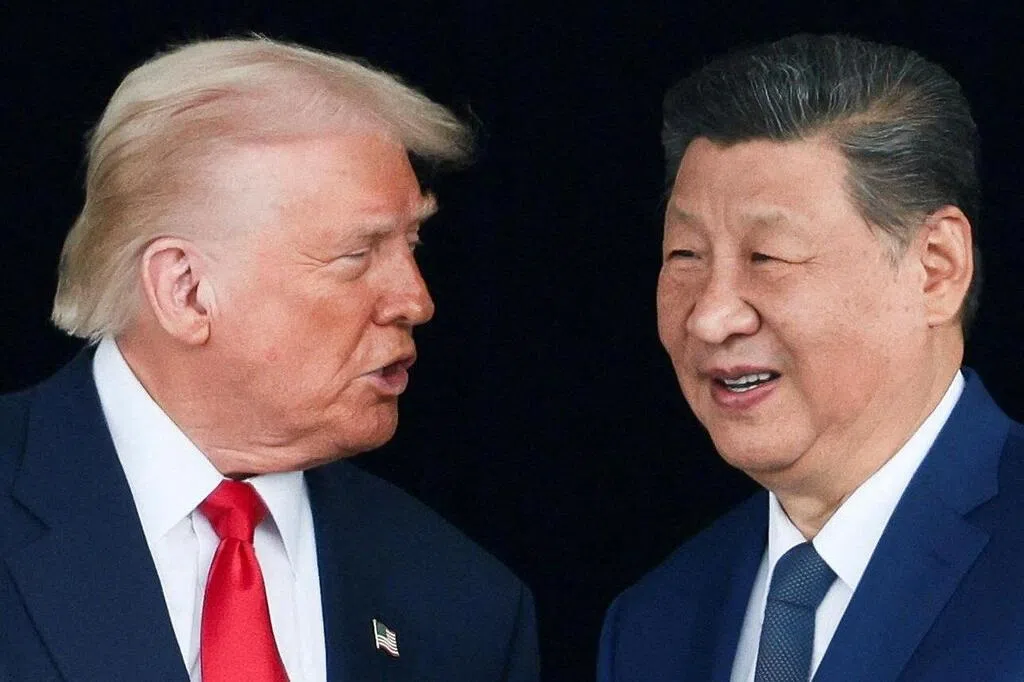(Washington, D.C.) The Congressional Budget Office (CBO) has lowered its long-term revenue forecast for Trump's tariff policies by $1 trillion (approximately S$1.31 trillion) to $3 trillion, down from the $4 trillion forecast in August. This is insufficient to offset the estimated fiscal deficit caused by Trump's tax cuts, potentially exacerbating concerns about rising U.S. Treasury bonds.
The CBO published a blog post on Thursday (November 20) estimating that tariff revenues from the U.S. government over the 11 years from 2025 to 2035 could reduce the fiscal deficit by $2.5 trillion and lower Treasury bond interest costs by $500 billion. Previously, in August, the CBO estimated that tariff revenues could reduce the fiscal deficit by $3.3 trillion and lower Treasury bond interest costs by $700 billion.
The latest estimate means that tariff revenues will not be enough to fully offset the fiscal deficit created by the massive tax cuts. In July, the CBO estimated that Trump's tax cut plan would create a deficit of $3.4 trillion between 2025 and 2034.
The CBO's latest estimate is based on tariffs imposed between January 6 and November 15 of this year. CBO Director Schwager stated that two-thirds of the reduction reflects adjustments to the latest data, and the tariff rate adjustments since August have also reduced the impact of tariffs on the deficit.
The CBO's previous estimate in August projected that the US tariff rate was 18 percentage points higher than 2.5% a year ago; the latest estimate is 14 percentage points higher than a year ago.
Further Reading


President Trump on Thursday ordered the exemption of 40% tariffs on imported Brazilian food, including beef, coffee, cocoa, and fruit, with the exemption retroactive to November 13.
This was the first time Trump had ordered exemptions from equitable tariffs on hundreds of imported food items, including those from Brazil, on Friday (November 14), in an effort to ease inflationary pressures. However, because he raised tariffs on Brazilian goods from 10% to 50% in August, citing "political persecution" of former President Bolsonaro by the Brazilian government, imported Brazilian food, while exempted from the 10% tariff exemption, still faced a 40% tariff until this latest executive order.



